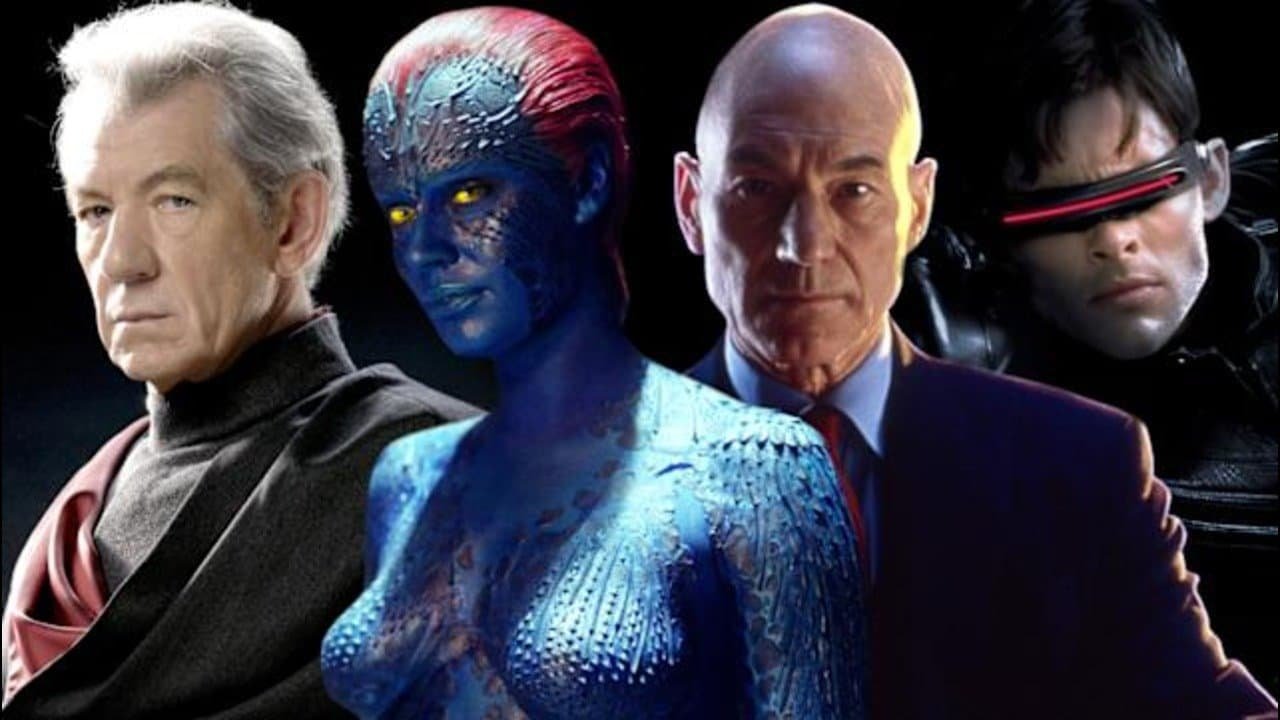Media Literacy 101: Lesson Two - What
Image Source: LinkedIn
Welcome back, class!
Class is now in session.
Today, we’re continuing the exploration of the issue of media literacy, and we’re going to examine the issue of what is being said in media.
Last time we examined the who element of media literacy and being skeptical about the person telling us things online or on TV. I debated doing one long lesson about who and what because they are closely linked. When you read or watch something online, what is being said is just as important as who is saying it, because if the who is not trustworthy, it’s doubtful what they are saying is factual or legitimate. The inverse is the same as well, and that’s where we are going to focus our attention today.
Let’s start our discussion of what with not what they are saying, but what they are not saying. It’s just as important to criticize the substance of the article or the video as it is to note what they leave out. We can’t include everything in a particular piece of writing or a video. No one has that kind of time and articles or videos would be too long. However, when people are writing articles or making videos, they actively and unconsciously choose what to include and what not to include. This is why the next lesson is the most important, where we’ll discuss the why, but we are saving that for another week.
RELATED:
I’ll give you an example from recent news. The horrible school shooting in Georgia this past week quickly found its way into culture wars again, when alt-right, fascist grifters attempted to spin the narrative that the shooter was a member of the LGBTQIA+ community. Why? Because an article by CNN included a phrase where the shooter had expressed frustration over the acceptance of transgender people. CNN has since changed that phrase to the shooter expressing frustration at the acceptance of transgender people by society.
The Newsroom often depicted an anchor who wanted to pursue news where they held people to what they said and questioned them on it.
Image Source: Michael Cavacini
Note that phrasing. This is at the heart of what I’m saying. Words have meaning, and the way they are arranged into a sentence has meaning as well. Writing requires conscious choices, but it’s also a product of unconscious priming. Our actions are the result of both conscious reactions to external stimuli, but beneath the surface, our lived experience shapes our mentality and can guide those conscious choices. It’s why in class, I will often stop what I’m saying and think of the right word to use because one word can convey an entirely different meaning than another.
Keeping this in mind, when you read or watch something, do the same things I talked about in the previous lesson. Stop. Think. In this frame, since we’re talking about the what, using the same strategy, take some time and go see what is being said by other outlets. Is it time-consuming? Yeah, but practicing this often can lead to faster analysis. When you do this often enough, you’ll begin to see how other outlets cover the material, and it will begin to highlight to you what is and what is not said at each particular outlet. A great example of this is culture war issues. There are people on social media who practice this literacy daily and will list out what the headlines are at different news outlets to show you how some issues are ignored entirely by politically motivated outlets.
Another part of the approach is to ask yourself what you just watched made you think. What questions did it raise in your head? This is a good thing because it leads to more information, and with media literacy, more information is never a bad thing. Without it, it can lead down rabbit holes, but the chances are that people with actual media literacy won’t go down those rabbit holes. Those holes work on a whole subset of psychology that social media algorithms work on. They play on confirmation bias and the need to belong.
Take a look at the Star Wars grifters out there. What are they always complaining about? Break down the themes of their complaints and it always centers around women, people of color, and sexuality in the franchise. We’ve already talked about who they are and questioned their credibility there. When you do that, and then critique what they say, their legitimacy breaks down even further. They know what they’re doing. They know it’s easier for people to just accept anger and fear instead of looking into what they’re saying, and that there is a deep, innate human connection to feel like you belong.
Despite the online grifters, the Star Wars community is its strongest element.
Image Source: DapsMagic
Aside from murder, one of the worst things you can do to a human being is to exile them. Exclude them from the group. These grifters know this, either overtly or subconsciously, and they offer a “community” to those who don’t question what is being said and have been raised in an environment that fosters the kind of hate they seek to confirm. It’s why they say such outlandish things that don’t hold up to any pressure. The minute you feel that connection, hear that thing that you feel, but from someone else, and then see affirmations in the comments, they have a hold on you. But it’s not a foregone conclusion. There is hope.
Much of the lessons learned here are internal. You have to have conversations with yourself. Ask yourself: am I agreeing with it because it confirms what I already feel? Again, take your time. Stop. Think. Ask more questions. How do they know what they know? What do other people say? How are they saying it? What does it make you question? One of the most important questions to ask as you dig into these things is: does it make sense? It’s a tricky one to ask because it’s easy to fall victim to their grift. The grifters are successful because there’s an element of sense to what they say, but it’s only surface-level culture war bullshit that really doesn’t have any weight on our lives.
This brings us to the hardest to tackle and the nail in the coffin of every grifter’s scheme: the why.
That’ll be the subject of next week’s lesson.
Class dismissed.
READ NEXT:
















